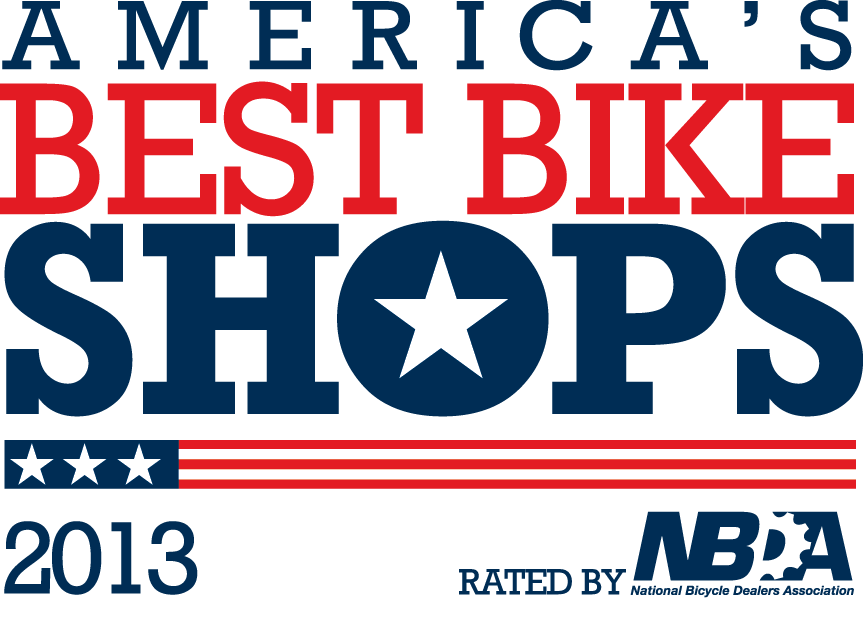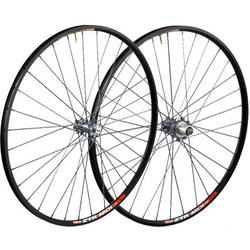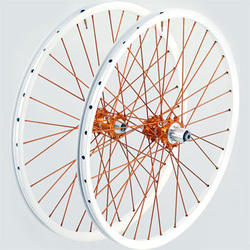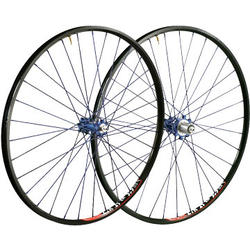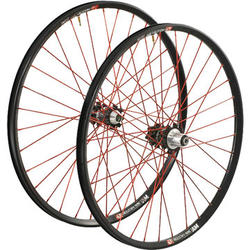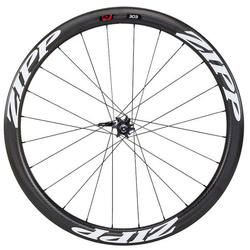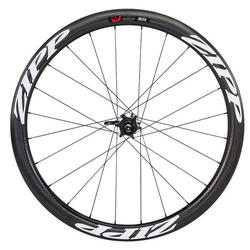|
Industry Nine Cross Country 29 Wheelset$1,149.99
Industry Nine's Cross Country 29 Wheelset are expertly crafted with their… [more] |
Industry Nine Enduro Wheelset$1,084.99
Enduro wheels are for those riders who take the hard line, go a little… [more] |
Industry Nine Ultralite 29 Wheelset$1,149.99
The ultimate 29er needs the ultimate dream wheels, and Industry Nine's… [more] |
Industry Nine All Mountain Wheelset$1,084.99
All Mountain is defined by long rides with huge climbs and bigger… [more] |
Zipp 303 Firecrest Carbon Disc Brake Front Wheel (Tubular)$1,050.00
Zipp makes the impossible possible with their 303 Firecrest Carbon Disc… [more] |
Zipp 303 Firecrest Carbon Disc Brake Rear Wheel (Tubular)$1,250.00
Zipp makes the impossible possible with their 303 Firecrest Carbon Disc… [more] |
Top finds
- Casinos Not On Gamstop
- Migliori Siti Casino Online
- Siti Casino Non Aams
- UK Online Casinos Not On Gamstop
- Non Gamstop Casino UK
- Non Gamstop Casino UK
- Casino En Ligne Légal En France
- Non Gamstop Casinos Uk
- Casino Sites Not On Gamstop
- Non Gamstop Casino UK
- Casino Sites Not On Gamstop
- Gambling Sites Not On Gamstop
- сasinos Without Gamstop
- Casinos Not On Gamstop
- Siti Scommesse Italiani
- Best Online Casinos UK
- Gambling Sites Not On Gamstop
- Meilleur Casino En Ligne
- Non Gamstop Casino
- Casino Not On Gamstop

